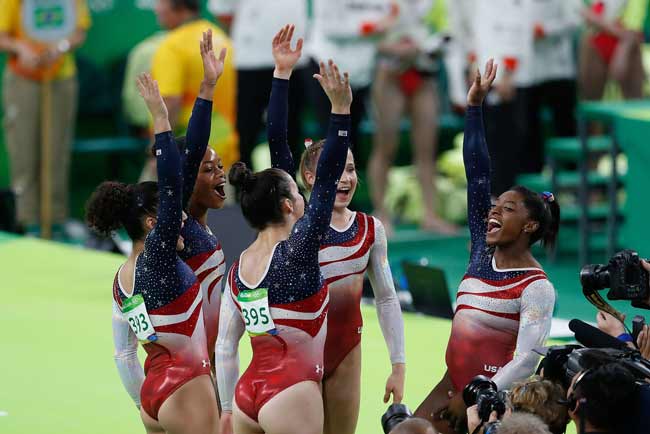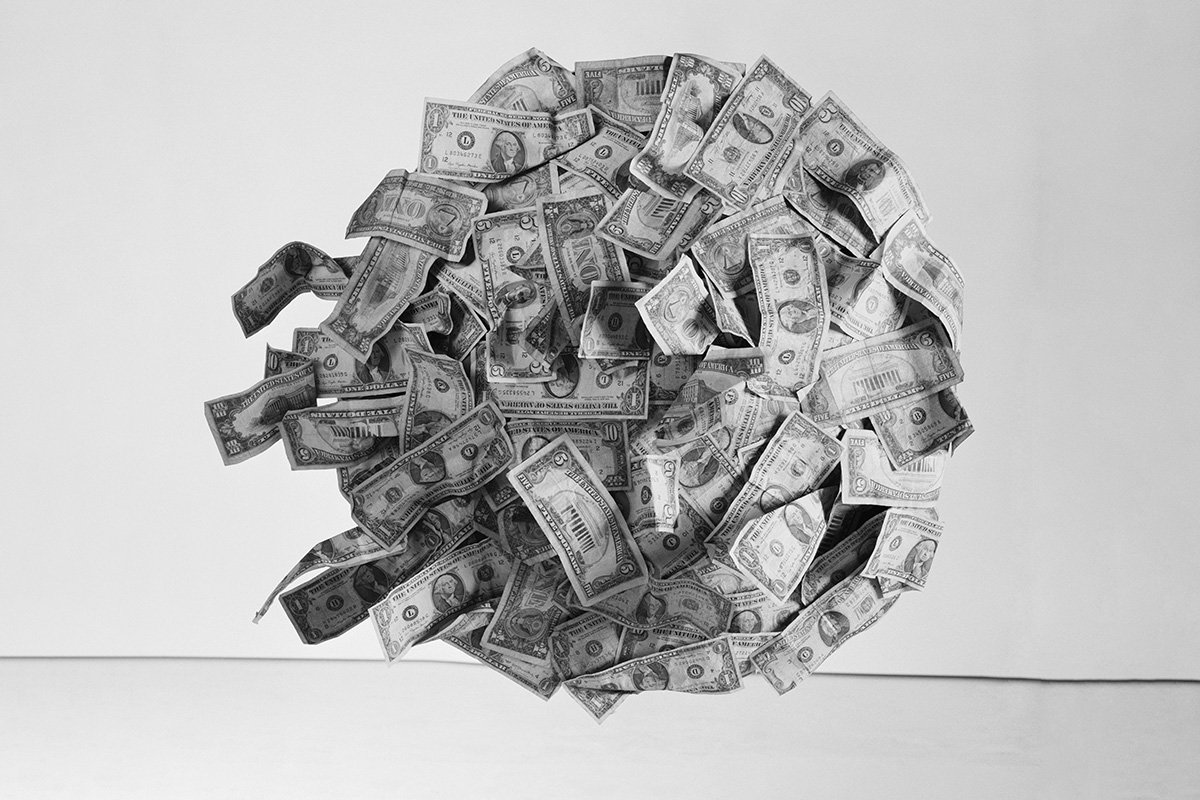
As Dr. Larry Nassar’s trial for sexual abuse progressed, and some of the highest-profile gymnasts in the country began to speak out publicly about the culpability they felt was due the nonprofit USA Gymnastics (USAG), sponsors began to fall away. Still, it took a direct demand from the US Olympic Committee (USOC) for the board to resign from USAG. After that, will the sponsors come back, and what will that do to the sport?
Procter & Gamble was the first to sever ties with the nonprofit, followed in the last few days by AT&T. Also leaving their sponsorship roles, reports the Chicago Tribune, are Under Armour, Kellogg’s, and Hershey’s.
“USA Gymnastics is facing a crisis, one that will influence sponsor decision-making for years,” said Professor T. Bettina Cornwell, academic director of Warsaw Sports Marketing Center at the University of Oregon. “Partnerships in sport are all about sharing valued associations. Brands want to associate with things like ruggedness, grace, passion, joy, success and even trying hard in the face of failure. They are fearful to associate with an organization tied to the horrific Larry Nassar.”
Additionally, the organization will be dealing with lawsuits for years to come. While the necessary accountability is visited on the organization, what will become of the athletes it was supposed to be nurturing?
In a statement, AT&T says the company was suspending its ties “until [USA Gymnastics] is rebuilt and we know that the athletes are in a safe environment,” assuring the athletes that it remains committed to them and will look for other ways to support them until USAG is sufficiently reformed to receive its money. Under Armour ended its partnership with USAG in December, saying, “We stand with these athletes and hope our decision to end this partnership resounds with USAG leadership and helps to facilitate necessary change.”
Sign up for our free newsletters
Subscribe to NPQ's newsletters to have our top stories delivered directly to your inbox.
By signing up, you agree to our privacy policy and terms of use, and to receive messages from NPQ and our partners.
Ronald Goodstein, associate professor of marketing at Georgetown University’s McDonough School of Business, says that recruiting some of those who were subjected to the abuse for leadership positions on the board “would go a long way” toward restoring confidence in the organization.
“There has to be tangible action the public can see,” Goodstein said. “This all has to happen before they seek sponsors.”
But the gymnasts have also charged that the USOC was complicit in creating the environment that enabled the abuse. As George P. Cunningham observes in The Conversation, “Since corporate sponsors and other outside sources are contributing about 35 percent of the US Olympic Committee’s $34.47 million annual budget, their loss could prove financially devastating to US Olympic teams and athletes.” According to Cunningham, Team USA has 18 corporate sponsorship deals that would be expected to generate $100 million over one four-year cycle, and that’s not counting sponsorships of specific teams or individual athletes.
It’s fairly common to see companies drop endorsement packages when an athlete attracts bad press—and that’s often the smart business decision. UC-Davis professor Victor Stango estimates that the transgressions of golf pro Tiger Woods cost the shareholders of his endorsers, including Nike, Gatorade, and others, as much as $12 billion. But what happens when the whole of USOC is losing its luster? Cunningham writes:
It is hard to imagine a time in recent years when the brand association of the US Olympic team, as a whole, has been poorer. In the past year, both USA Swimming and USA Gymnastics have been rocked by sexual abuse accusations regarding coaches and other staff like Nassar. The calls for the US Olympic Committee’s leaders to resign grow louder by the day.
American companies understand that there’s an ever-decreasing tolerance for this kind of behavior, and they are increasingly sensitive to having their brands linked to it.—Ruth McCambridge











